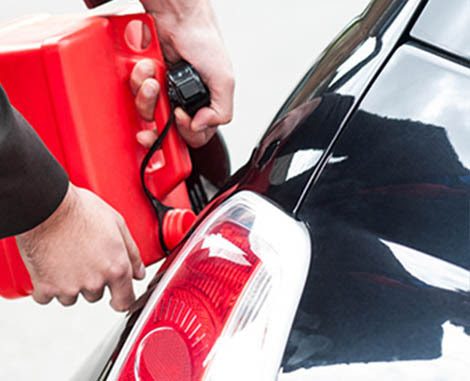Redefining Convenience – How Fuel Delivery Services are Transforming the Market
In an era where convenience is king, fuel delivery services are revolutionizing the way consumers refuel their vehicles. Gone are the days of waiting in line at gas stations or disrupting your schedule to make a pit stop for fuel. Instead, with just a few taps on a smartphone app, drivers can have fuel delivered directly to their location, saving time and hassle in the process. The concept of fuel delivery services is simple yet transformative. Companies operating in this space leverage technology to connect consumers with fuel suppliers, enabling on-demand delivery straight to their vehicles wherever they may be. Whether at home, work, or even on the side of the road, drivers can request fuel with ease, eliminating the need to visit traditional gas stations. One of the primary benefits driving the adoption of fuel delivery services is convenience. With increasingly busy lifestyles, consumers are constantly seeking ways to streamline everyday tasks. Fuel delivery eliminates the inconvenience of having to detour to a gas station, wait in line, and navigate crowded forecourts. Instead, customers can continue with their day uninterrupted while their vehicles are refueled at their convenience.

Moreover, fort worth tx fuel distributor services offer flexibility that traditional gas stations simply cannot match. Whether it is during peak rush hour traffic or late at night when most stations are closed, drivers can rely on these services to meet their refueling needs around the clock. This flexibility is particularly valuable for commercial fleets and businesses, where optimizing routes and minimizing downtime are paramount. Beyond convenience and flexibility, fuel delivery services also present environmental benefits. By optimizing delivery routes and reducing idle time spent at gas stations, these services can help decrease overall fuel consumption and emissions associated with traditional refueling methods. Additionally, some companies offer alternative fuel options such as biodiesel or electric charging, further contributing to sustainability efforts. Traditional gas stations are facing increased pressure to adapt to changing consumer preferences or risk being left behind. Some gas stations have begun offering their own delivery services or partnering with existing providers to remain competitive in the market.
The rise of fuel delivery services is also reshaping the competitive landscape within the fuel industry. Others are investing in technology to enhance the in-store experience and differentiate themselves from competitors. However, challenges remain for fuel delivery services, particularly regarding infrastructure and regulatory hurdles. Ensuring the availability of fuel storage facilities and compliant delivery vehicles is essential for scaling operations effectively. Additionally, navigating complex regulations and safety standards governing the transport and handling of fuel requires careful consideration and adherence. Despite these challenges, the future looks promising for fuel delivery services. As technology continues to evolve and consumer expectations evolve along with it, these services are well-positioned to become an integral part of the modern refueling ecosystem. With convenience, flexibility, and environmental sustainability at the forefront, fuel delivery services are poised to transform the way we think about refueling our vehicles. Fuel delivery services represent a paradigm shift in the way consumers refuel their vehicles. By leveraging technology and innovation, these services offer unparalleled convenience, flexibility, and environmental benefits.
